On First Trip to a European Country, Francis Moved to Tears
Two survivors of Albania’s communist crackdown against the Church brought Pope Francis to tears with their stories during a vespers service in Tirana’s cathedral September 21.
“To hear a martyr talk about his own martyrdom is intense,” the Pope told journalists on the papal plane back to Rome the same evening. “I think all of us there were moved, all of us.”
Franciscan Father Ernest Simoni, 84, talked about his life as a priest under a militant atheist regime that targeted people of every faith — Christian and Muslim — between 1944 and 1991. Despite the risks of torture, imprisonment and execution, people held onto their beliefs as best they could, praying and passing on their traditions underground.
Father Simoni said his religious superiors were shot dead and the military drafted him in an effort to “make me disappear. I spent two years there, years that were worse than any prison.”
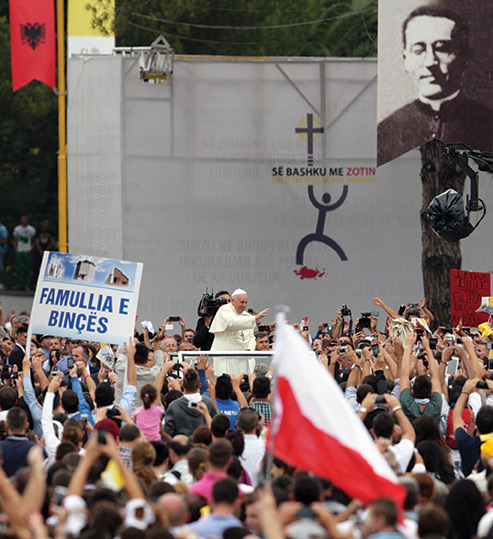
Pope Francis meets the leaders of other religions and other Christian denominations at the Catholic University “Our Lady of Good Counsel”
He managed to be ordained a priest in 1956, on the feast of Divine Mercy. But the worse was yet to come when the regime, which was set to become the first atheist nation in the world, intensified its war against religion in the 1960s.
On Christmas Eve 1963, the priest was arrested while celebrating Mass and was sentenced to death by firing squad. He was beaten, placed for three months in solitary confinement under “inhumane” conditions, then tortured because he refused to denounce the church.
He was eventually freed, but later arrested again and sent to a prison camp, where he was forced to work in a mine for 18 years and then 10 more years in sewage canals.
All the time he was imprisoned, he said, he celebrated Mass from memory in Latin, heard confessions and distributed Communion to other prisoners — all clandestinely.
When the regime collapsed in 1991, he returned to ministry by serving isolated mountain villages, urging Christians caught up in a cycle of revenge to let go of their hatred and embrace God’s love.
When the priest finished his testimony, he approached the Pope, who extended his arms to embrace him. But the priest dropped to his knees to kiss the pope’s ring. Standing together, the two men embraced warmly. Moved to tears, the Pope removed his glasses and the men briefly rested their foreheads against each other.
Stigmatine Sister Marije Kaleta, 85, spoke next about being a novice during the regime and secretly baptizing “everyone who came to my door,” but only after making sure they weren’t spies who wanted to turn her in to authorities.
One day, while walking along a road, a mother carrying her child ran up to her, asking her to baptize the infant.
Sister Kaleta was hesitant because the woman’s husband was a communist and she worried it might be a trap. So she told the mother it wasn’t possible because she didn’t have the things necessary for baptism.
The mother appeared desperate, and even though they were in the middle of a road, she pointed to a nearby ditch saying that’s where they could get the water.
Still unsure, the sister said she had nothing with which to pour the water over the child’s head.
“But she insisted that I baptize her child. So, seeing her faith, I took off my shoe, since it was made of plastic, and I took the water from the canal with that and baptized the child,” she said.
Thanks to a number of priests who also worked clandestinely, “I had the good fortune of having the Blessed Sacrament,” which she kept hidden in bed sheets to secretly administer to people who were ill or dying.
The Pope said he had had no idea how much the people of Albania had suffered for their faith, until two months earlier when he started preparing for his trip.
He said he was moved to see Tirana’s main boulevard lined with banners bearing black-and-white photographs of dozens of Catholics killed by the regime. Their cause for canonization as martyrs of the faith is being considered.
Pope Francis called Albania a land of heroes and martyrs and said that, by embracing the priest and sister, he had “touched two of them.”
The Pope said Father Simoni and Sister Kaleta “performed a service for us: consoling us” by showing that God always provides the strength and hope to confront and overcome the tiniest inconveniences and the worst atrocities.
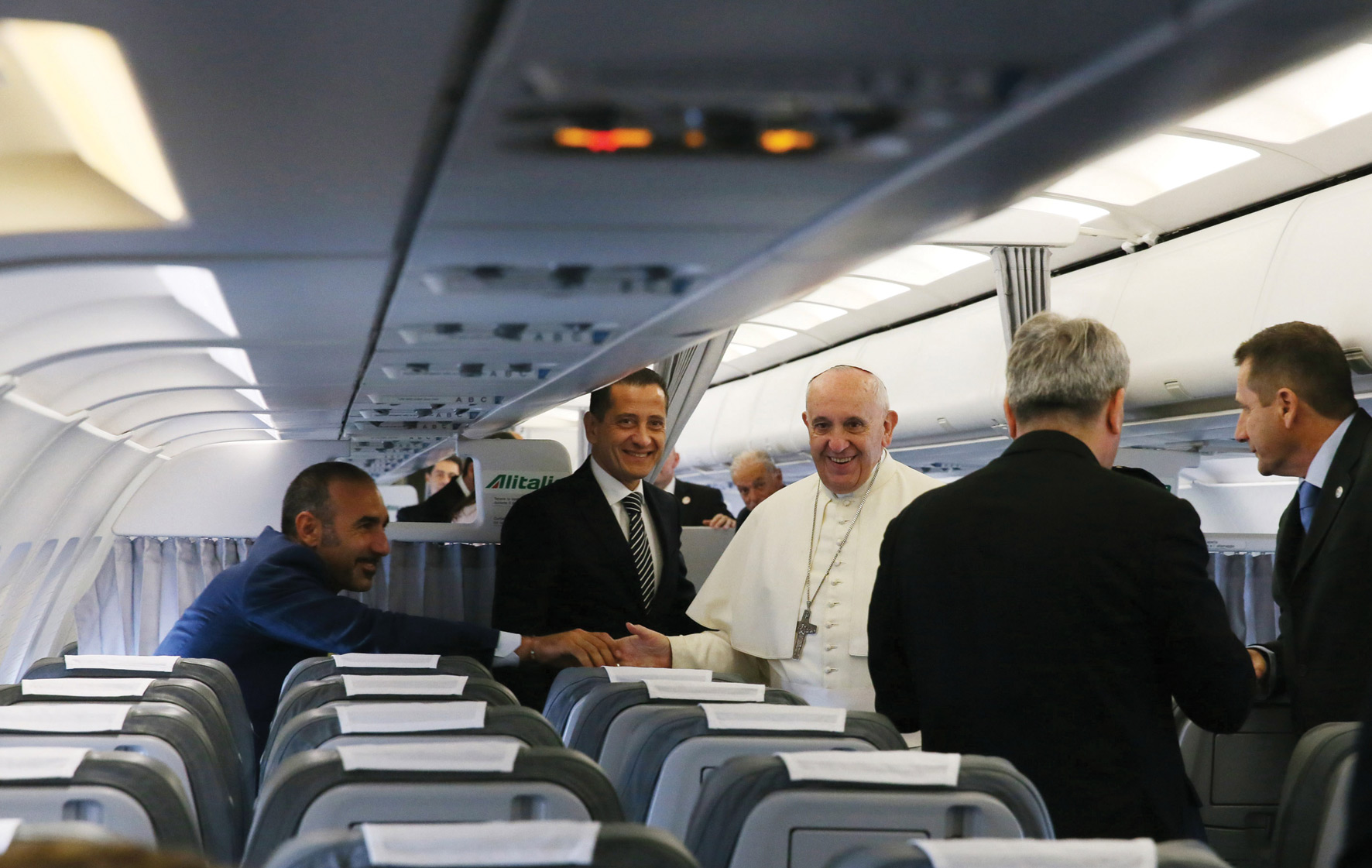
“The Albanian has the capacity of fraternity: and more than that. This is witnessed in the coexistence, in the collaboration, between Muslims, Orthodox and Catholics”
Full text of inflight papal press conference from Albania
(Father Lombardi) – Well, now: We are very grateful to the Holy Father for being with us, even at the end of such a demanding day. He wished to be at our disposition for some questions, but a few, on the trip. And so we adopted as criteria to have questions of our three Albanian colleagues, who made the whole trip with us: they came to Rome precisely to travel with you, and now they are also returning to Rome to conclude their experience with you. They are from three Albanian television channels. We begin with Mrs. Mira Tuci, who is from Albanian National Television.
(Journalist) – Your Holiness left with an idea in mind for the Albanians, for Albania — how Albanians have suffered, but they are also tolerant. Did you find some other quality in Albanians, which you have been able to see? Are these qualities the right ones to make the eagle return to the nest?
(Pope Francis) – I will say that I have adjusted somewhat those things that you say, but the suffering that you Albanians have had I’ve seen closer up. As for tolerance… I change the word. The Albanian is not tolerant; he is a brother. He has the capacity of fraternity: and more than that. This is witnessed in the coexistence, in the collaboration between Muslims, Orthodox and Catholics. And they collaborate but as brothers, no? And then, something else struck me from the beginning: the youth of the country. When I made this comment, I was told that it’s the youngest country in Europe. But Albania has, in fact one sees, a superior development in culture and also in governance, thanks to this fraternity.
(Journalist) – Your Holiness, moving on the central boulevard of Tirana, under the portraits of clerics martyred during the Communist regime, in a country in which atheism of State was imposed up to 25 years ago, what personal emotion did you have?
(Pope Francis) – I have been studying somewhat for two months that difficult period of Albania to understand it. I have also studied the beginning to a degree. But you have most beautiful cultural roots, and strong, of great culture, since the beginning.
I have studied this period and it was a cruel period: the level of cruelty was terrible. When I saw those photographs, not only of Catholics but also of Orthodox, even Muslims, … and when I thought of the words addressed to them “But you must not believe in God” – “I do believe!” – boom, and they did so publicly. Therefore I say that all three of the religious components gave witness of God and now give witness of fraternity.
(Journalist) – Your Holiness, you visited Albania which is a country of Muslim majority. However, the visit happened at a precarious moment given the global situation. You yourself stated that the Third World War has already begun. Is your message of the visit only for the Albanians or does it go beyond?
(Pope Francis) – No, it goes beyond. Albania has made a journey of peace, of coexistence and of collaboration that goes beyond; it goes to other countries that also have diverse ethnic roots. You have said: “It’s a Muslim country in the majority.” Yes, but it isn’t a Muslim country. It’s a European country.
This was a surprise for me. Albania is a European country, in fact, because of its culture – the culture of coexistence, also because of the historical culture it has had.
(Journalist) – You have now made this trip to Albania, which is in Europe. What are the next ones?
(Pope Francis) – Yes, I can’t change the geography. The next trips will be November 25, Strasbourg, the European Council and the European Parliament, both, – and, then, the 28th – perhaps – Turkey, to be there for the feast on the 30thof Saint Andrew, with Patriarch Bartholomew.
(Journalist) – Holiness, we have understood that you have a vision of Albania that is somewhat different from that of Europeans, that is, we look at Europe almost as the European Union. You have chosen, as the first country of Europe to visit, a country of the periphery that does not belong to the European Union. What can you say to those who look only at the Europe of the “powerful”?
(Pope Francis) – That my trip is a message, it’s a sign; it’s a sign I want to give.
(Journalist) – We all saw you, I believe, weep, for the first time, you were very moved in that meeting: I think it was the most moving moment of the trip.
(Holy Father) – To hear a martyr speak of his own martyrdom is intense! I think that all of us who were there were moved, all of us. And those witnesses spoke as if they were speaking of another, with naturalness, with humility. This did me good! Thank you so much and good evening.
KOREA
Pope Calls on Catholics to Dialogue with China and Other Asian Societies

Pope Francis ws in South Korea on the occasion of the 6th Asian Youth Day. He met with the young people of Asia in the Sanctuary of Solmoe.
Speaking at the execution site of anonymous Korean martyrs, Pope Francis told Catholic bishops and young laypeople from across Asia to evangelize their continent through dialogue and openness, even with others suspicious or intolerant of the Church. But he also urged them to challenge aspects of their cultures incompatible with Christian values.
The Pope spoke August 17 at Haemi Castle, about 60 miles south of Seoul, where thousands of Catholics were imprisoned and tortured during the 19th century, and at a nearby shrine commemorating those killed. It was the last full day of his visit to Korea, the first of his pontificate to Asia.
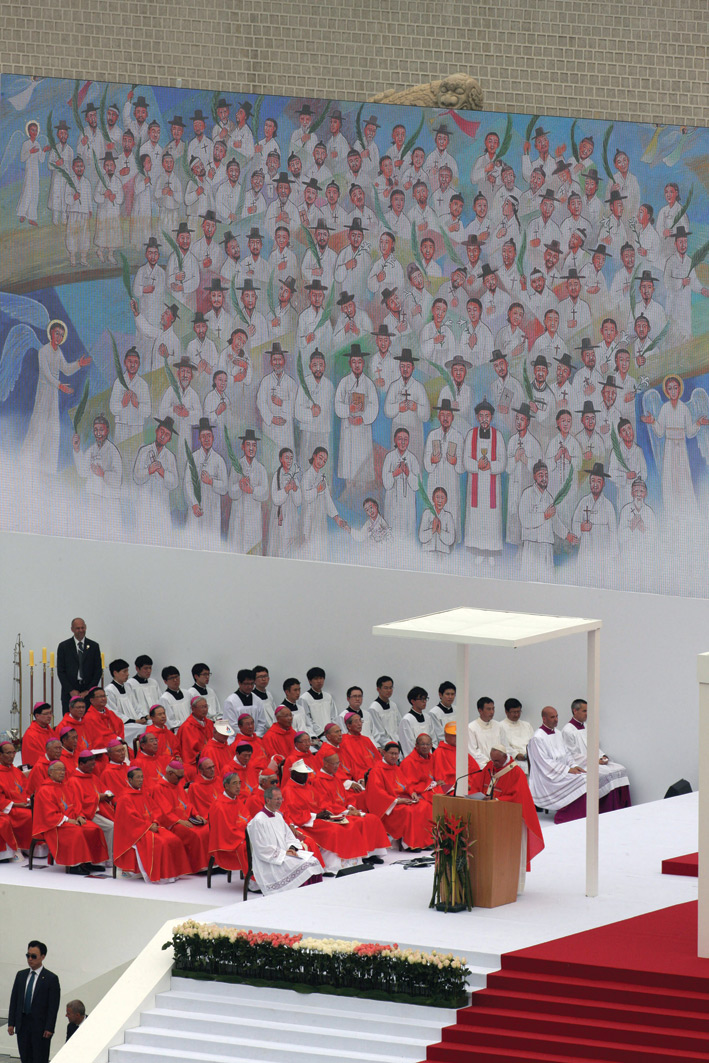
Holy Mass for the Beatification of Paul Yun Ji-Chung and 123 martyr companions celebrated by Pope Francis at Gwanghwamun Gate.
“On this vast continent which is home to a great variety of cultures, the Church is called to be versatile and creative in her witness to the Gospel through dialogue and openness to all,” Pope Francis told several hundred Asian bishops, leaders of the Church in a region that is only 3 percent Catholic.
The Pope then offered an example of his desired approach.
“In this spirit of openness to others, I earnestly hope that those countries of your continent with whom the Holy See does not yet enjoy a full relationship may not hesitate to further a dialogue for the benefit of all,” the Pope said.
His statement was most obviously an overture to China, which has not had formal relations with the Vatican since shortly after the country’s 1949 communist revolution.
It was the latest of Pope Francis’ several diplomatic gestures to Beijing since the start of his trip to Korea. During the papal flight from Rome August 14, he sent a telegram of prayers and greetings to China’s President Xi Jinping.
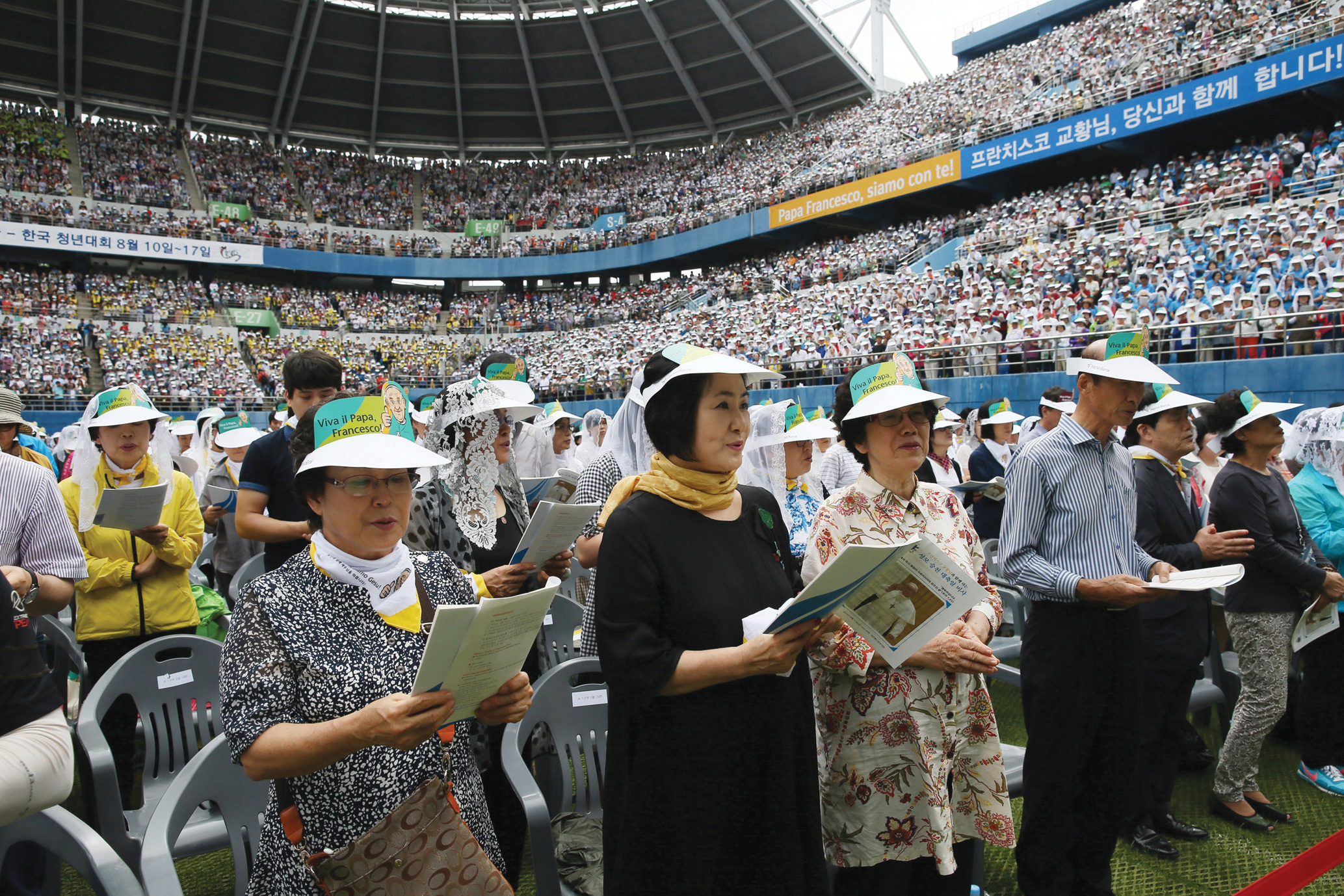
In World Cup Stadium during
Holy Mass celebrated on the Solemnity of the Assumption of the Blessed Virgin Mary.
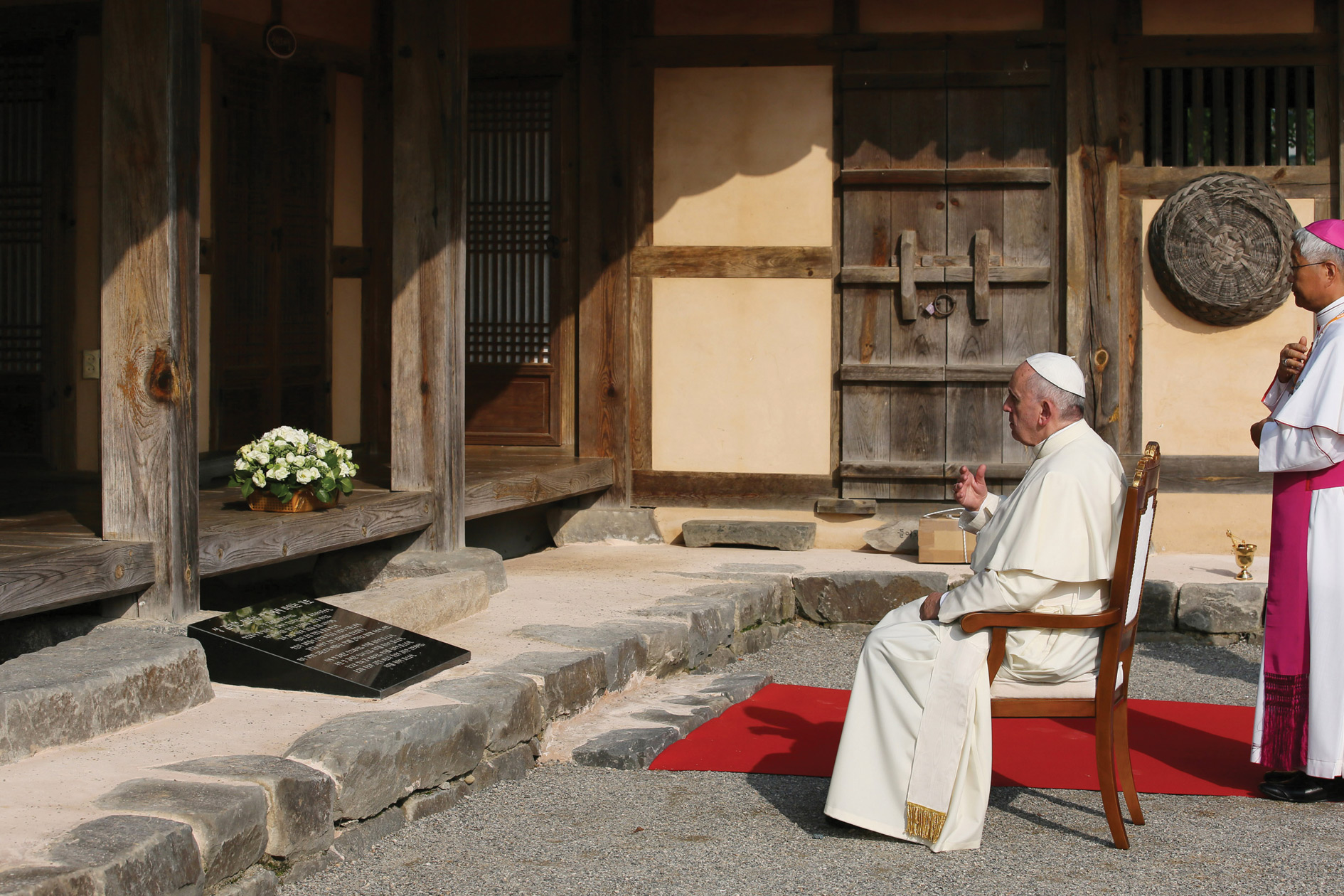
Pope Francis, after being received by the Rector of the Sanctuary, prays before the house of St. Andrew Taegon Kim, the first Korean priest.
Two days later, in a question-and-answer session with young people, the Pope notably declined to answer a man from Hong Kong who asked how to help Catholics in China, where he said “control and oppression” were increasing as the church on the mainland grew.
China requires Catholic communities to register with the government-controlled Catholic Patriotic Association, which has ordained bishops without the approval of the pope, and Chinese authorities have frequently arrested Catholics who reject government control.
Speaking with reporters after the Pope’s speech, Jesuit Father Federico Lombardi, the Vatican spokesman, noted that the Vatican does not have diplomatic relations with several Asian countries, including North Korea, Vietnam, Myanmar, Laos, Brunei and Bhutan.
“This offer of the Pope of dialogue is related to all these lands, and not just China, even if China is the biggest, as we know,” Father Lombardi said.
In an off-the-cuff addition to his original text, Pope Francis evoked the attitude he hoped such countries would adopt to the church: “These Christians don’t come as conquerors, they don’t come to take away our identity. They bring us theirs, but want to travel with us.”
“Some will ask for baptism, others will not, but we will always travel together,” the pope said.
Fittingly, Pope Francis started the day by baptizing a Korean man, Lee Hojin, in a brief ceremony at the nunciature in Seoul where the Pope has been staying.
Lee, whose son was among more than 300 people killed in the April sinking of the Sewol ferry, met the Pope August 15 along with other family members and survivors of the disaster. He told the Pope he had been preparing for two years to become a Catholic and now wanted the Pope to baptize him. Lee took the baptismal name of Francis.
The Pope has shown special concern for the Sewol case; for three days in a row, in a remarkable departure from papal custom, he has worn a yellow-ribbon pin commemorating the victims.
Pope Francis told the Asian bishops that dialogue required “empathy and sincere receptivity,” but also, as a “fundamental point of reference,” a clear sense of “our identity as Christians.”
“If we are to speak freely, openly and fruitfully with others, we must be clear about who we are, what God has done for us, and what it is that he asks of us,” he said.
The Pope said Christian identity is constantly tempted by the “spirit of the world” in a number of ways, including relativism, which leads people to “forget that in a world of rapid and disorienting change, there is much that is unchanging, much that has its ultimate foundation in Christ, who is the same yesterday and today and forever.”
The Pope returned to the theme of Christian identity, though without using the term, when he addressed more than 40,000 Asian Youth Day participants at the event’s closing Mass later in the day.
“The Asian continent, imbued with rich philosophical and religious traditions, remains a great frontier for your testimony to Christ, the way, the truth and the life,” he said. “You have a right and a duty to take full part in the life of your societies. Do not be afraid to bring the wisdom of faith to every aspect of social life.
“You see and love, from within, all that is beautiful, noble and true in your cultures and traditions. Yet as Christians, you also know that the Gospel has the power to purify, elevate and perfect this heritage,” he told the young people.
“You can appreciate the many positive values of the diverse Asian cultures. You are also able to discern what is incompatible with your Catholic faith, what is contrary to the life of grace bestowed in baptism, and what aspects of contemporary culture are sinful, corrupt and lead to death.”
(Contributing to this story was Simone Orendain.)
Planned Trips
European Parliament, Istanbul, Philadelphia
VATICAN CITY (CNS) — Pope Francis will address the European Parliament in Strasbourg, France, November 25.
The Parliament’s president, Martin Schultz, made the announcement September 11, and the Vatican immediately confirmed it.
Jesuit Father Federico Lombardi, the Vatican spokesman, said Pope Francis will travel to Strasbourg and back to Rome the same day, and his brief trip should not be considered a pastoral visit to France.
The Vatican confirmed that Pope Francis will visit Turkey “in the last days of November.”
Father Federico Lombardi, the Vatican spokesman, made the announcement September 12, noting that a formal invitation from Turkish President Recep Tayyip Erdogan had arrived at the Vatican earlier the same day. Ecumenical Patriarch Bartholomew of Constantinople, considered first among equals among Orthodox bishops, had already invited Pope Francis to visit Istanbul on November 30, feast of St. Andrew, patron saint of Constantinople.
As things now stand, the trip will be Pope Francis’ sixth outside of Italy since his election in March 2013.
The World Meeting of Families in Philadelphia in September 2015 will serve as a forum for debating issues on the agenda for the world Synod of Bishops at the Vatican the following month, said the two archbishops responsible for planning the Philadelphia event.
At a September 16 briefing, Archbishop Vincenzo Paglia, president of the Pontifical Council for the Family, described the world meeting as one of several related events to follow the October 2014 Synod of Bishops on the family, which will prepare an agenda for the worldwide synod one year later.
Pope Francis is widely expected to attend the Philadelphia event, although Archbishop Charles Chaput noted that an official announcement in that regard might not come until well into 2015.
If the Pope does attend, he said, a “papal Mass could easily draw more than a million people.”
—Francis. X. Rocca

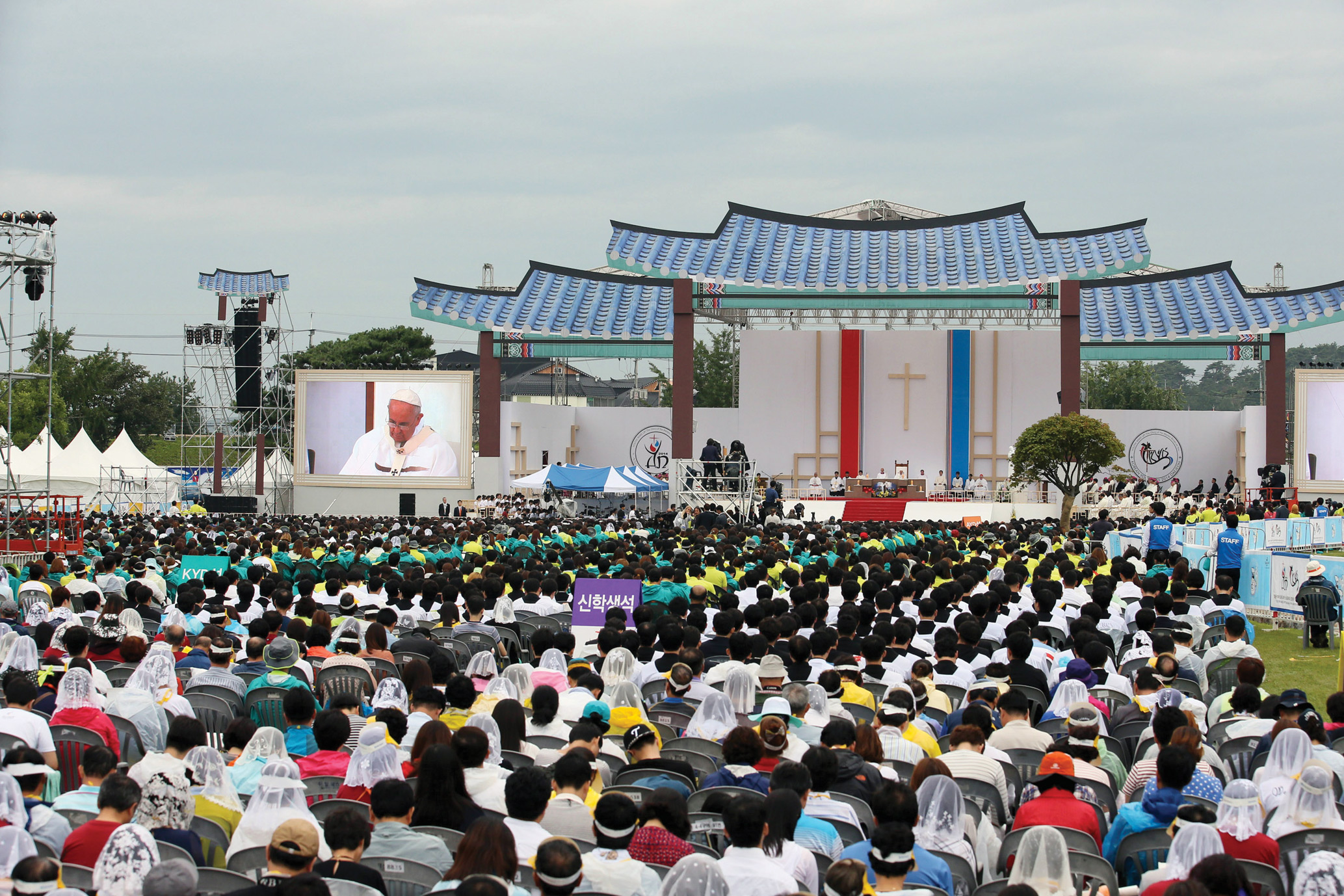
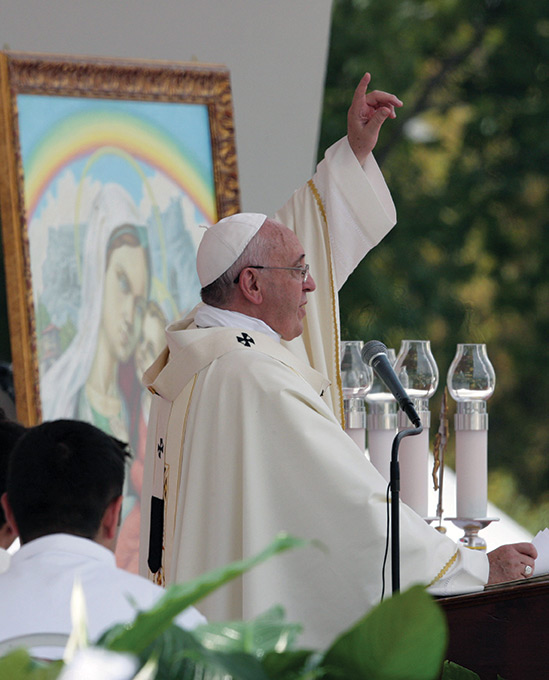
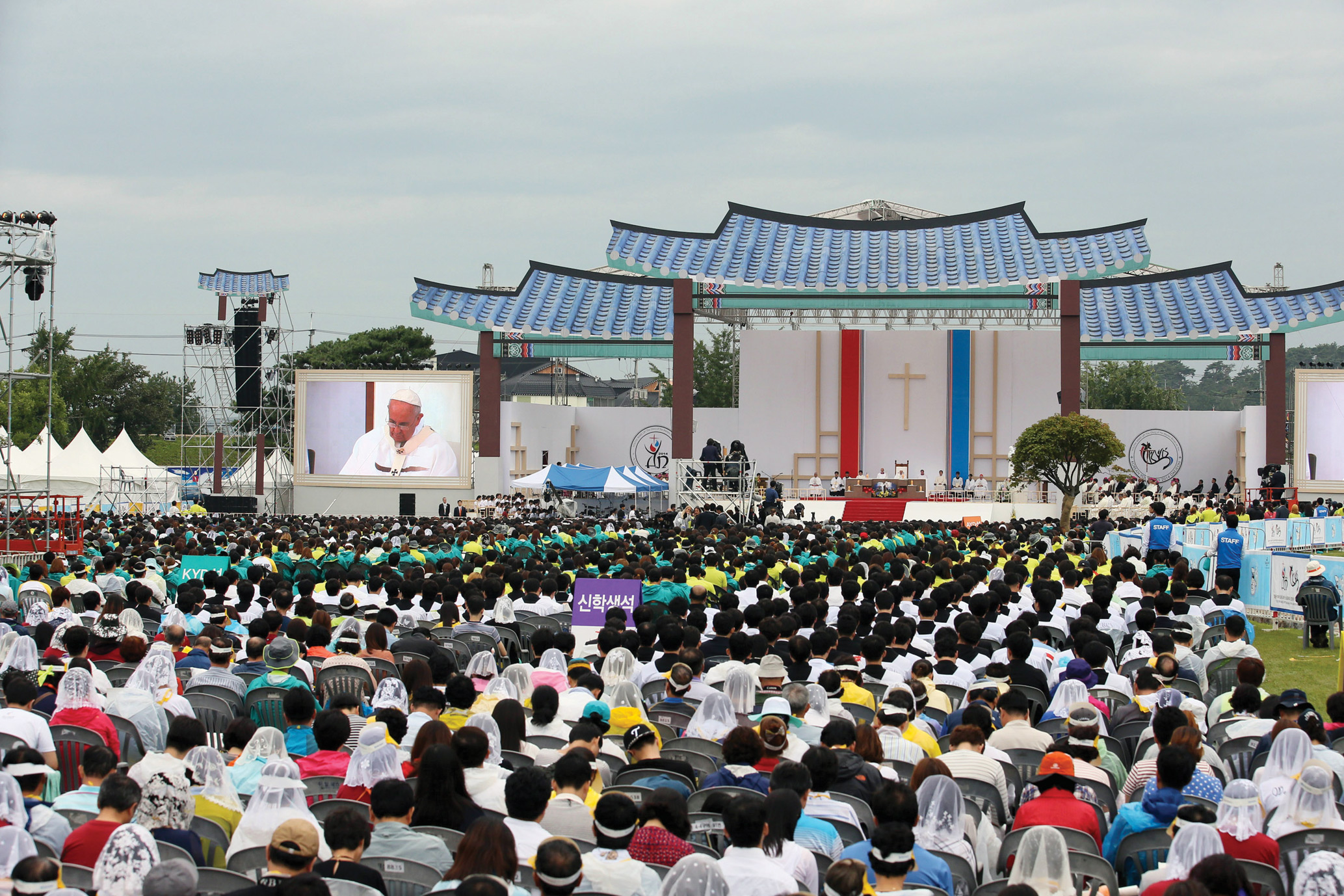
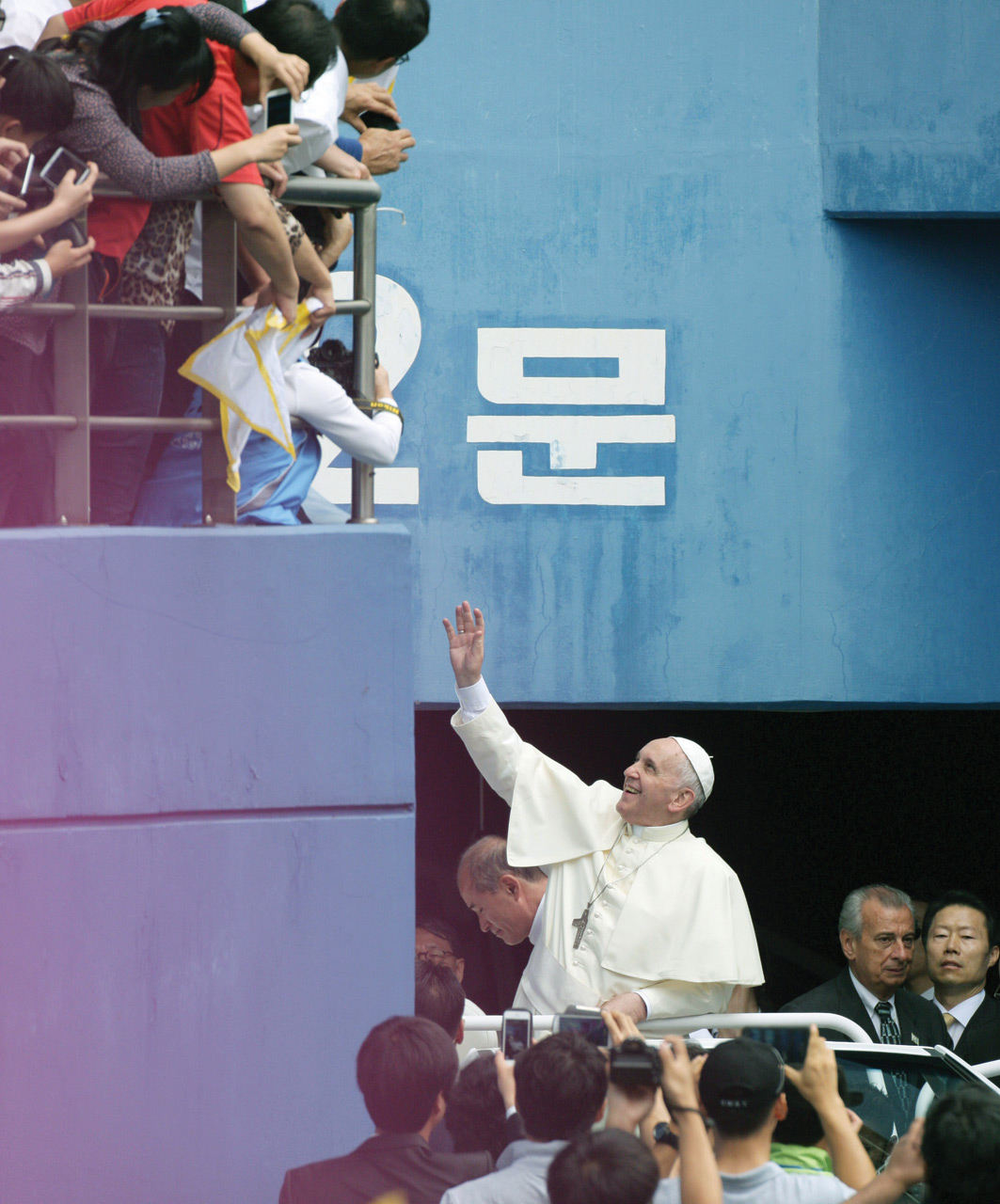
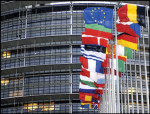
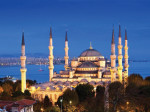

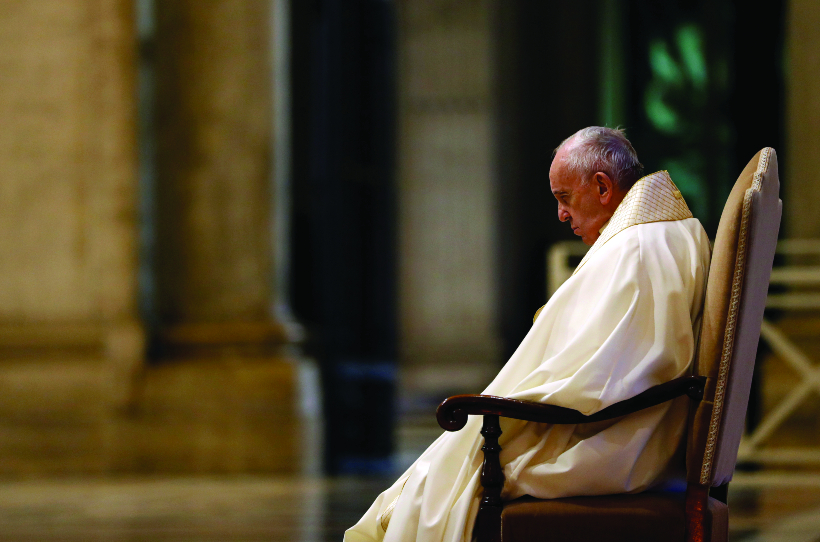
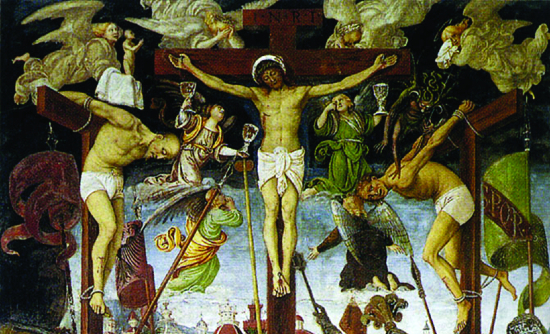
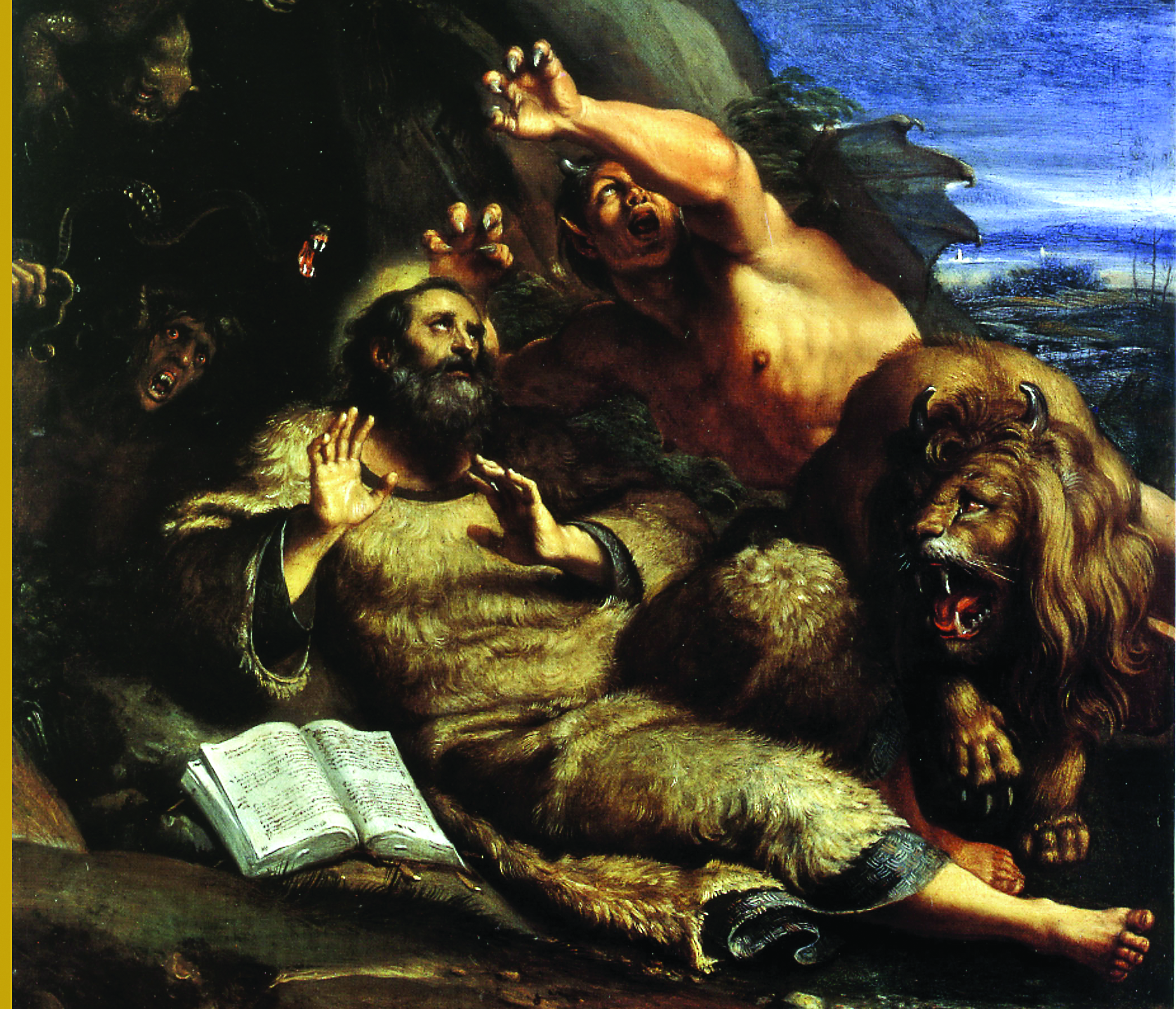
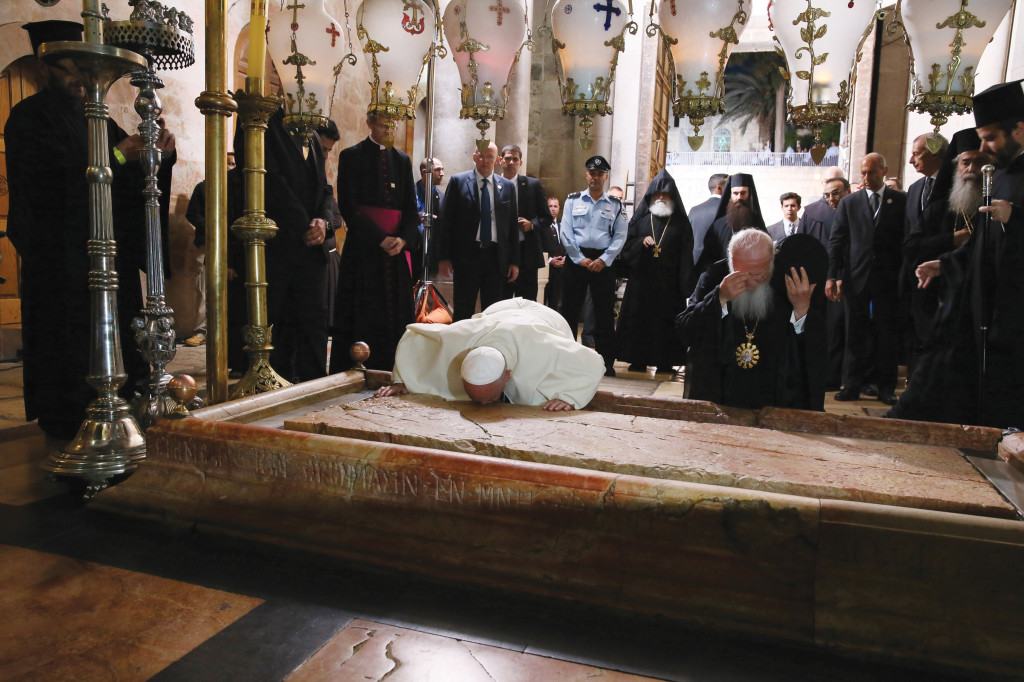
Facebook Comments